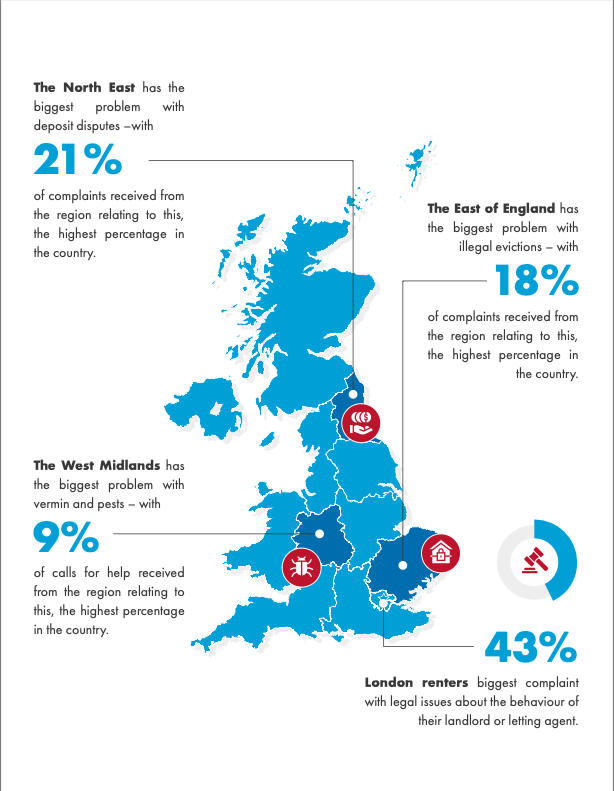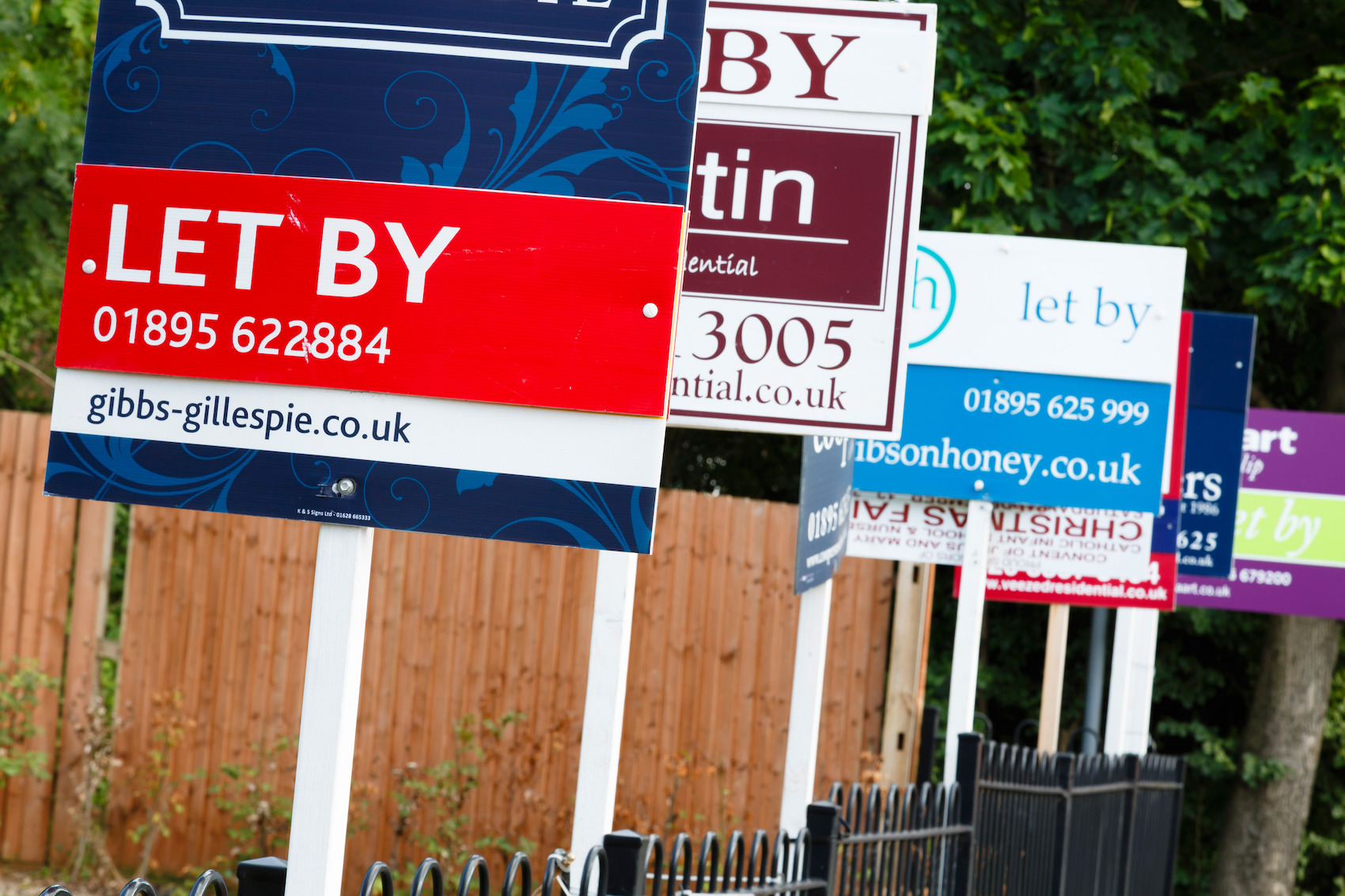A leading tenant’s rights campaigner has drawn the link between worsening living conditions in social housing and Britain’s merry-go-round of housing ministers, stating “Housing Ministers live in constant danger of eviction. You’d think they’d had more empathy with renters””
Rachel Maclean MP this week became the sixth Housing Minister in the last twelve months – and the fifteenth since 2010.
Maclean’s appointment comes as new figures show that the number of social housing tenants complaining of damp and leaks has doubled in just two years.
The Housing Ombudsman this week reported a 77% increase in the number of enquiries and complaints about damp, mould and leaks from 2020-21 to 2021-22, alongside a “significant increase” in complaints relating to heating and hot water, up 60% compared to the previous year.
Tenant’s rights campaigner Ajay Jagota of online claims firm Veriwise believes there is a connection between the UK’s rapid turnover of housing ministers and deteriorating standards in rented housing.
He said:
“The Housing Ombudsman has described ‘a clear and driving need’ for social housing providers to get a grip on the damp situation within their properties, but with Housing Minister’s currently being replaced on average every two months there is no-one at the heart of government giving them the leadership or scrutiny to ensure they do.
“Housing Ministers live in constant danger of eviction. You’d think they’d had more empathy with renters – but it really is no joke. The Institute of Government has this week highlighted that ‘constant ministerial turnover’ has had an ‘inevitable effect’ on delivery when it comes to housing policy. At a time when Britain’s renters need sustained, focused action it has been frequently absent at the heart of government.
“In recent weeks we’ve seen dreadful examples of tenants being let down by some of our biggest social landlords and in some of our biggest cities. For countless vulnerable tenants in both privately and socially rented properties of horrendous quality there is no recourse except through the courts, which all-too-often they lack the resources to pursue. Fortunately organisations like Veriwise are there to help the justice and dignity they deserve.”
The Housing Ombudsman recently found Clarion, England’s largest social landlord, to be responsible for “severe maladministration” following failures to fix mould in homes in London and Kent, with one resident found to have been left waiting four months after making a complaint of mould, by which there was “a large hole in the bathroom, tiles coming off walls, water damage, mould in several rooms and rainwater coming in when it rained.”
A month earlier it made the same finding against Leeds City Council, after the landlord “failed to effectively tackle a water leak, causing a resident to live for two years with damp in both the kitchen and bathroom”.
A spokesperson for The Institute for Government this week stated that “constant ministerial turnover” is damaging for policy delivery, stating “Housing in particular has seen a huge amount of turnover in recent years, which will have had an inevitable effect on how the relevant departments have been able to deliver policy.”
Veriwise takes on housing disrepair claims, deposit disputes and illegal eviction claims on behalf of renters, negotiating with councils or private landlords to fix the issues quickly and claim compensation for renters from landlords and agents. In cases where the landlord or agent does not comply, Veriwise can now present the case to legal counsel who can take the case to court to ensure the landlord complies and pays any compensation.
All legal calls are handled by qualified solicitors with at least 5 years of post-qualification experience, whilst the free and confidential counselling helpline offers support with mental health issues, personal problems or any money worries renters may have.





